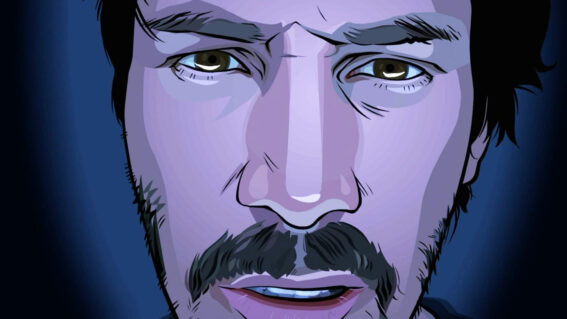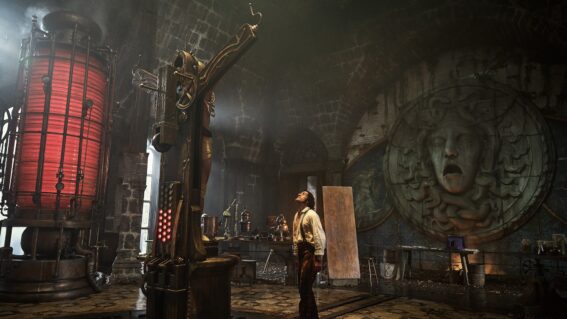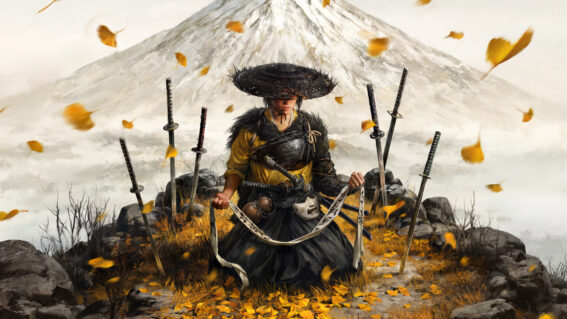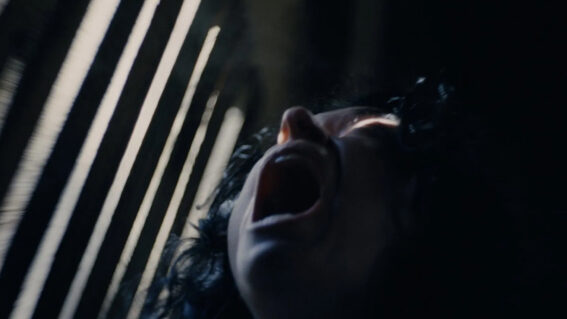The terrible irony at the heart of KPop Demon Hunters
Flicks lead critic Luke Buckmaster puts his fingers in his ears and tries to comprehend the incredible success of KPop Demon Hunters, which is now Netflix’s most streamed movie.
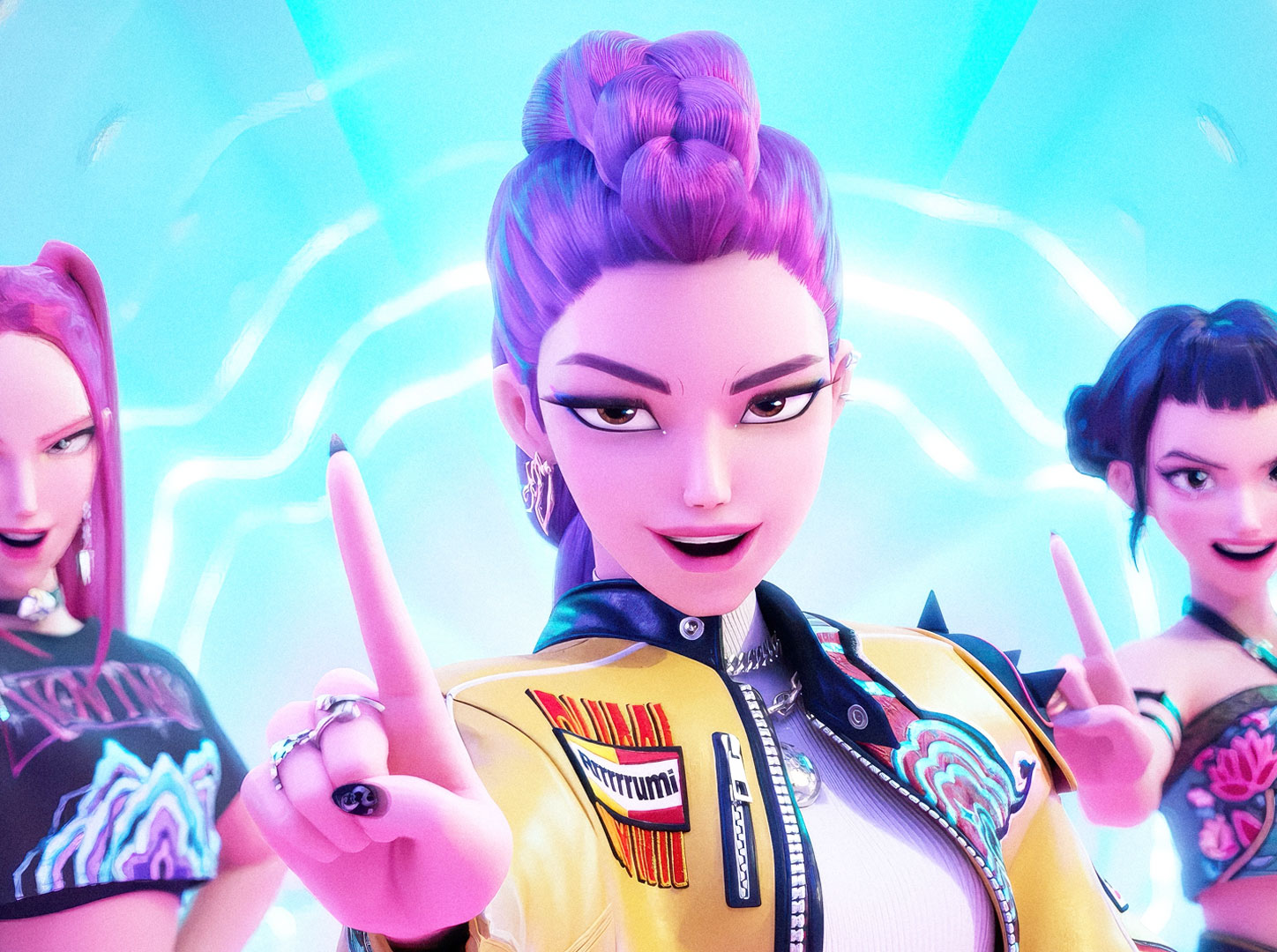
I like the idea of KPop Demon Hunters: a movie that embellishes the adolescent fantasy of pop idols as superheroes, significant not just in music-making terms but in protecting the very fabric of existence. Many of us, especially when we’re young, hoist our idols onto a pedestal, as if they are indeed superheroes. This film plays into that, revolving around a three-member girl group named Huntr/x—comprised of Rumi (Arden Cho), Mira (May Hong), and Zoey (Ji-young Yoo)—who, in addition to belting out songs to an adoring fanbase, also kick serious ass by vanquishing demons.
This means, in a narrative context, that Demon Hunters can ping-pong between moments of showbiz spectacle—performances, rehearsals, backstage issues etcetera—to demon-slaying, a little like the 16th American president exchanging his quill pen for his axe in Abraham Lincoln: Vampire Hunter. I also appreciate how the production’s unprecedented success—it’s now the most streamed movie in Netflix history, with more than 314 million views—could be read as a testament to the enduring power and cross-generational appeal of the movie musical.
KPop songs aren’t just scattered between action and character development scenes; they’re embedded into them. Sometimes the action and musical scenes are one and the same, singing and dancing rendered as performative forms of fighting. At other times, musical success is a weapon in and of itself (such as when the trio takes on a boy band called the Saja Boys, who are actually demons, announcing they’ll record something that will “kick their butts”). In fact this is key to the film’s lore, taking place in a world where singing once upon a time created a protective shield, or magical barrier, called the “Honmoon,” which maybe I’ve created a few times myself while singing in the shower—a spell so strong it kept me single for years.
The great irony about this film—which I’m late to the party to, but can ignore no longer, such is the gravitational pull of its tectonic plate-rearranging success—is that its characters save the world by using the devil’s music. By that, I don’t intend to evoke some kind of crossroads, Robert Johnson type scenario, whereby their souls were sold to the angry red dude downstairs in exchange for freakishly good musical abilities. I mean it in the sense that this K-pop stuff is absolute, ear-bleeding slosh, less a form of music per se than a kind of audio-engineered aneurysm—a series of noises so synthetic they make supermarket self-checkout beeps sound melodic.
I admit that I’m no expert on this music…perhaps the Bob Dylan of K-pop is out there somewhere, passing his hat around, scribbling down lyrics on the back of napkins, inspiring audiences with new forms of poetry. But the songs in Demon Hunters? Gross. They viscerally affected me, reminding me of a time at a rave when I accidentally consumed vile liquid because some twerp decided to pour their bong water into a bottle of Mount Evelyn. I can’t tell if the songs got worse—it certainly felt like that—or whether they had an intensifying, cumulative effect, pushing me further into the mouth of madness.

One of the obvious reasons the film has stuck to the zeitgeist like phosphorescent mud is its energy: it’s bam-bam fast, not so much unfolding as exploding, like overripe fruit stuffed with firecrackers. The kids, gawd luv ‘em, don’t seem particularly drawn to measured, steady camera movements, to state the bleeding obvious. Not that there’s anything entirely wrong with that: I also love films with upbeat visual energy, that pop and crunch and splat, not taking the audience’s attention for granted.
The Spider-Man: Into the Spider-Verse movies demonstrated how this can be achieved without sacrificing plot and story on the altar of extreme bling. Demon Hunters, on the other hand, gets swallowed up by its own stimulus, jetpacking into rainbow-coloured oblivion. All of this would’ve felt more palatable if the music hadn’t been created by Lucifer—whose breath can be felt throughout the experience, infecting the music and fogging up the lens.












